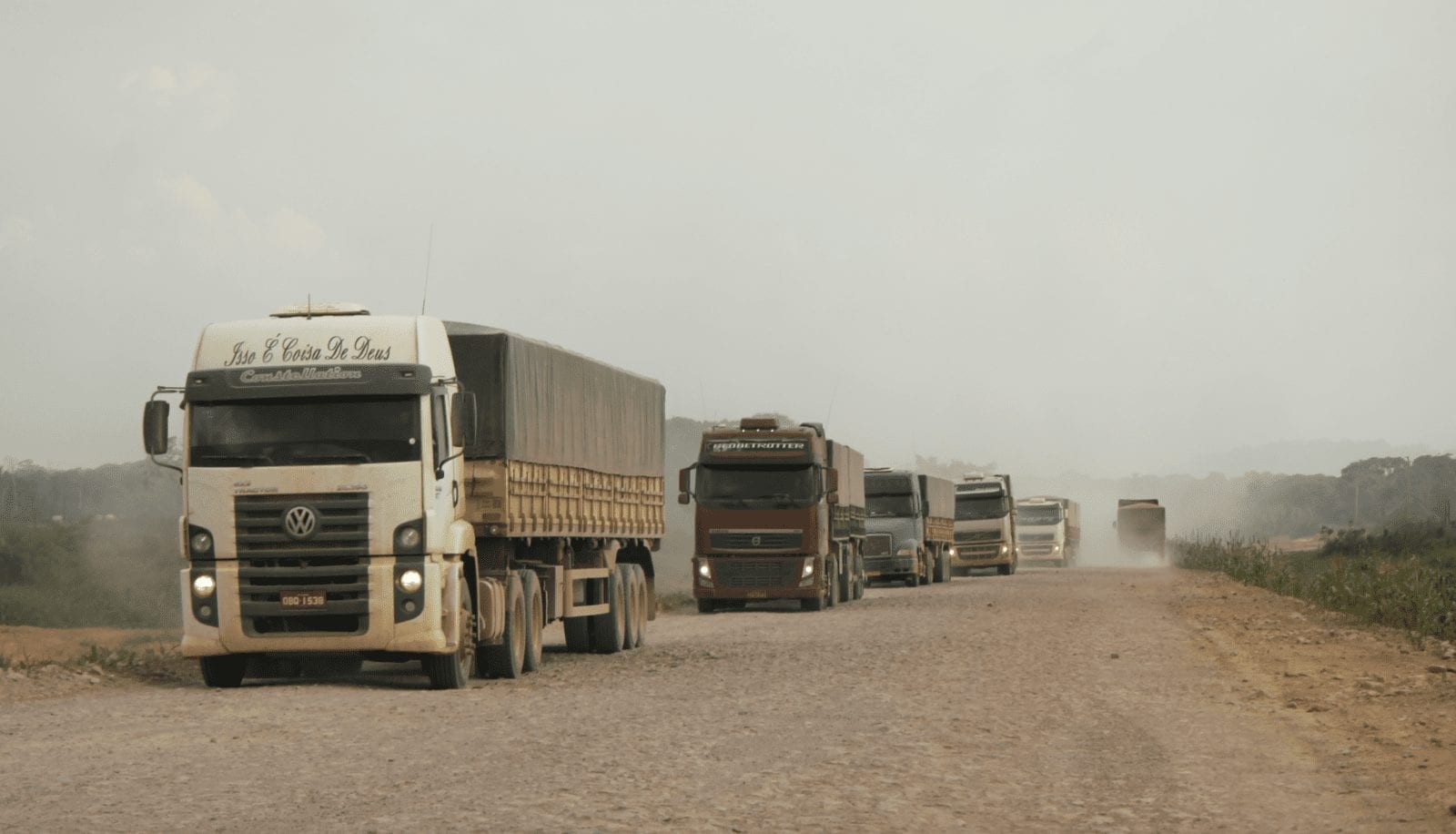With Brazilian corn and soybean crops’ estimated crop size continually increasing, the importance of the Minimum Freight Rate Table (MFRT) also continues to rise. In May 2018, Brazilian truckers participated in a strike that severely damaged Brazil’s manufacturing supply chains. To end the strike, the MFRT was agreed on as a base for truck rates. The MFRT allows carriers to charge from 50 to 300 percent more per trip, with rates based on round trip versus the carrier being responsible for a backhaul instead of a deadhead (no freight return trip).
The lower value products have a much larger increase in total product cost at port. Transportation is already a major issue when shipping soybeans over 1000 miles to port. Predictably, pushback has been extremely intense, but it appears the truckers are winning. In early February, the Attorney General informed the Brazilian Supreme Court that the Brazilian government supported the constitutionally of the higher minimum freight rate established in 2018. The Attorney General stated that the freight rate was in proportion to the cost associated with the freight and that it preserved human dignity and the value of work. In February, Supreme Court judge Luiz Fux made a provisional determination that the law establishing the minimum rate was valid and he authorized the National Land Transportation Agency (ANTT) to issue fines for anyone not adhering to the minimum rates. The higher freight rates in Brazil are now being enforced. The Supreme Court has not yet set a date for a final ruling on whether is the law is constitutional.
Brazil has been adding acreage to meet world demand for soybeans. The added transportation cost will require a higher soybean price to pull additional acreage into production. Ultimately, higher cost soybeans in Brazil will result in higher soybean prices in the United States. The key for increased profitability for U.S. farmers is minimizing the cost increases in the U.S. soybean supply chain. It should be noted that economics work and the added truck cost will spur investment in Brazilian rail and barge projects with the aim to lower transportation costs.
